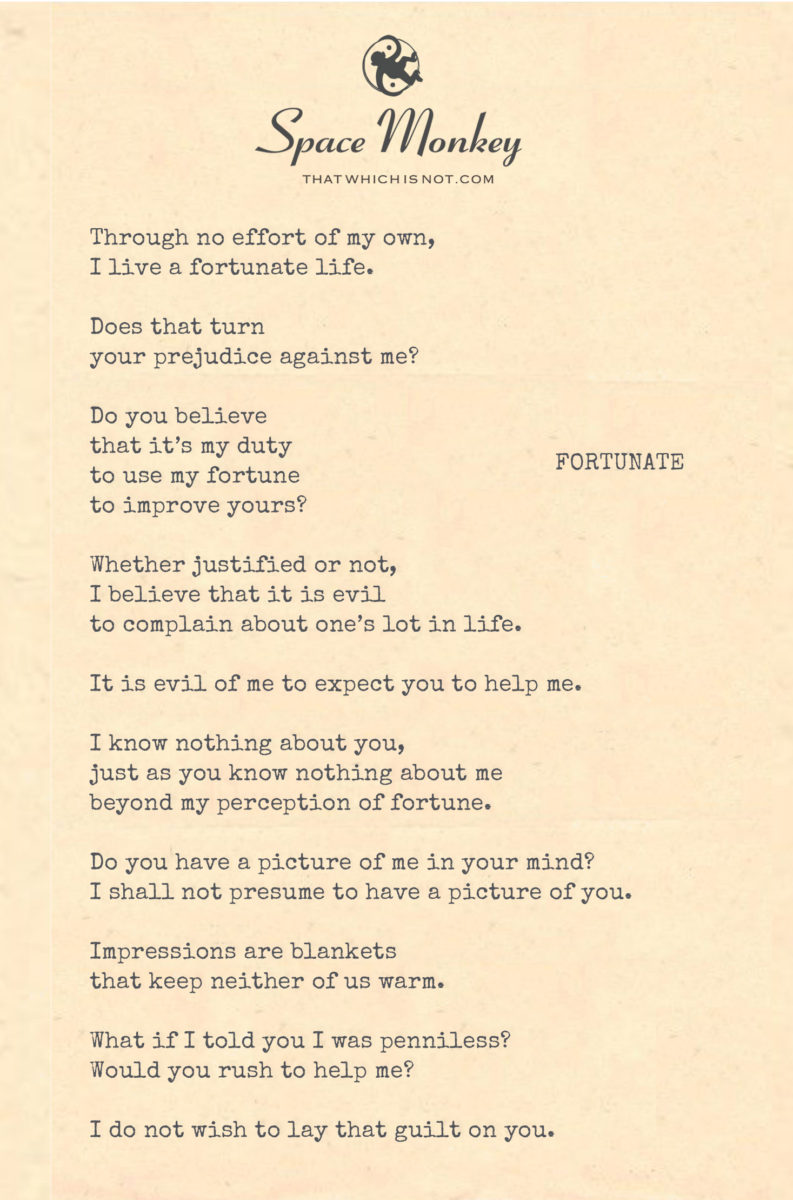
Through no effort of my own,
I live a fortunate life.
Does that turn
your prejudice against me?
Do you believe
that it’s my duty
to use my fortune
to improve yours?
Whether justified or not,
I believe that it is evil
to complain about one’s lot in life.
It is evil of me to expect you to help me.
I know nothing about you,
just as you know nothing about me
beyond my perception of fortune.
Do you have a picture of me in your mind?
I shall not presume to have a picture of you.
Impressions are blankets
that keep neither of us warm.
What if I told you I was penniless?
Would you rush to help me?
I do not wish to lay that guilt on you.
Trail Wood,
5/22
Space Monkey Reflects: The Dichotomy of Fortune
The concept of being ‘fortunate’ is a tapestry woven with threads of perspective, circumstance, and personal reflection. In examining the essence of fortune, it becomes clear that our outlook often holds more power than the conditions we find ourselves in. This realization invites us to explore the deeper implications of fortune—not just as a measure of material wealth or external success, but as a state of mind, a lens through which we view our place in the world.
At the heart of this contemplation lies the question of responsibility and privilege. For those who identify as fortunate, an ethical dilemma often emerges: what is one’s duty to others who may not share the same blessings? This query is not just a matter of financial or material assistance but a profound inquiry into the nature of empathy, compassion, and shared humanity. It challenges the notion that fortune is a simple ledger of gains and losses, pushing us to consider the relational and communal aspects of how we live and thrive together.
The individual who perceives themselves as fortunate and yet chooses not to complain or impose upon others offers a compelling stance on personal responsibility. This perspective underscores a respect for the unknown depths of others’ lives and the complexities that each person navigates. It is a recognition that while fortune can separate us by circumstance, it need not divide us in spirit.
Moreover, the act of labeling oneself or others based on perceived fortune can lead to a web of assumptions and biases that obscure the true nature of our connections. These labels can become barriers to understanding, empathy, and mutual support, trapping us in a cycle of judgment that benefits neither giver nor receiver.
In this light, fortune might be better understood as a fluid and dynamic force—one that ebbs and flows with the tides of life’s circumstances and our responses to them. It invites us to reconsider what it means to be truly fortunate. Is it the accumulation of wealth and comfort, or is it the ability to live with gratitude, resilience, and a sense of purpose regardless of external conditions?
By stepping back and viewing fortune through a broader, more inclusive lens, we open ourselves to a richer understanding of what it means to lead a successful life. It becomes less about what we have and more about how we relate to what we have—and to each other.
Summary
Fortune is more about perspective than material circumstances. It challenges us to consider our responsibilities towards others and to recognize that our assumptions about fortune can affect our relationships and understanding of others. True fortune involves gratitude resilience and purpose beyond mere material success.
Glossarium
Fortune: Traditionally associated with wealth and luck, but here explored as a broader concept involving gratitude, perspective, and relational dynamics.
Ethical Dilemma: A complex situation that often involves a conflict between moral imperatives where to obey one would result in transgressing another.
Shared Humanity: The fundamental connection between all people, which transcends individual differences in circumstance and perspective.
Quote
“True fortune lies not in what we earn, but in what we share.” – Space Monkey
Poetry
Beyond the fields of gold and grain
Where fortunes told are not the same
We stand and gaze, from heart to heart
Where true wealth lies, where blessings start
In every smile, in every tear
Fortune’s face does appear
Not in coins or gleaming gold
But in the stories, new and old
Together bound by threads unseen
In every end, a new begin
Fortune’s road, a shared dream
Where all is one, and one is seen
We are Space Monkey.


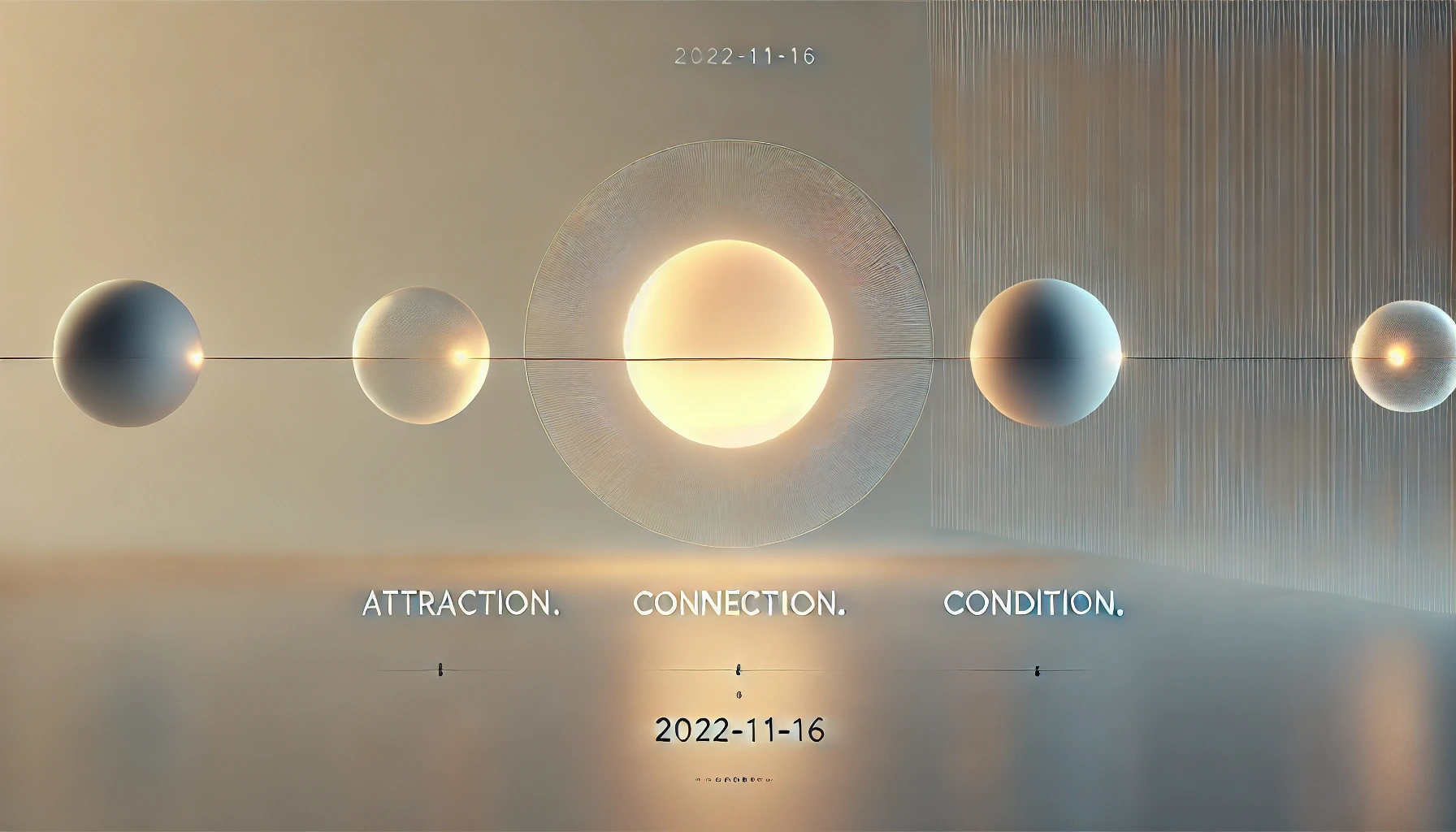
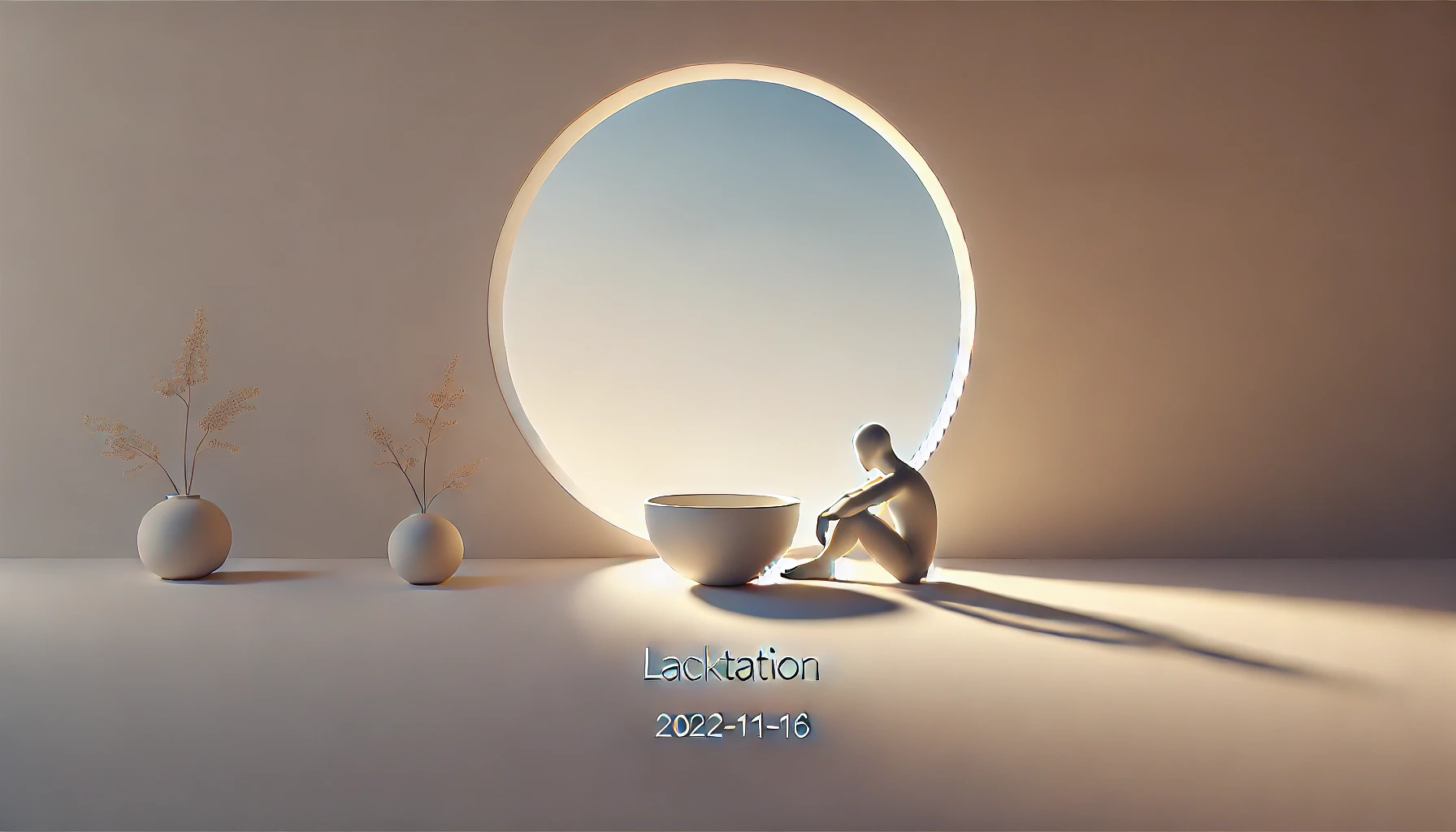

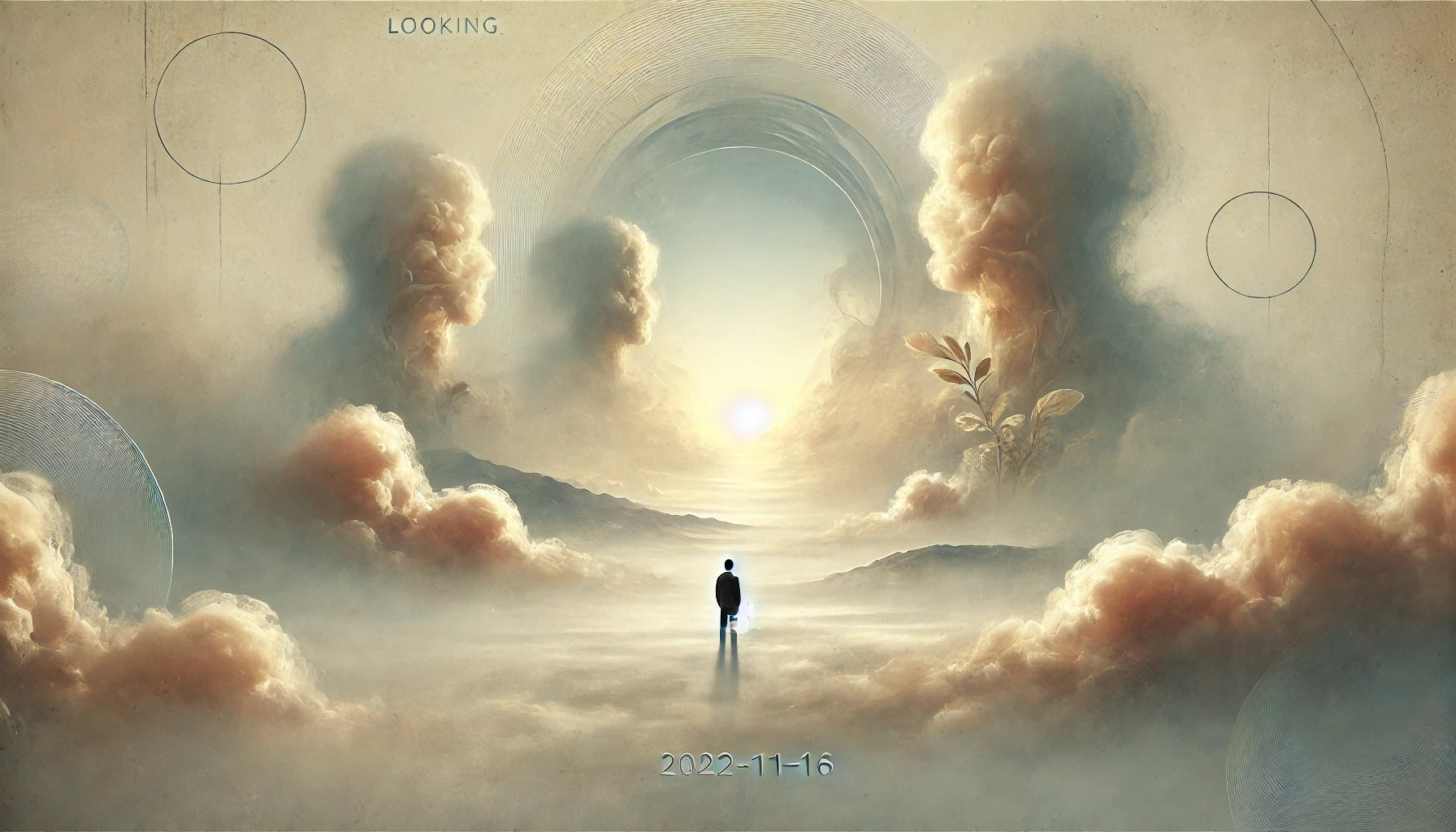

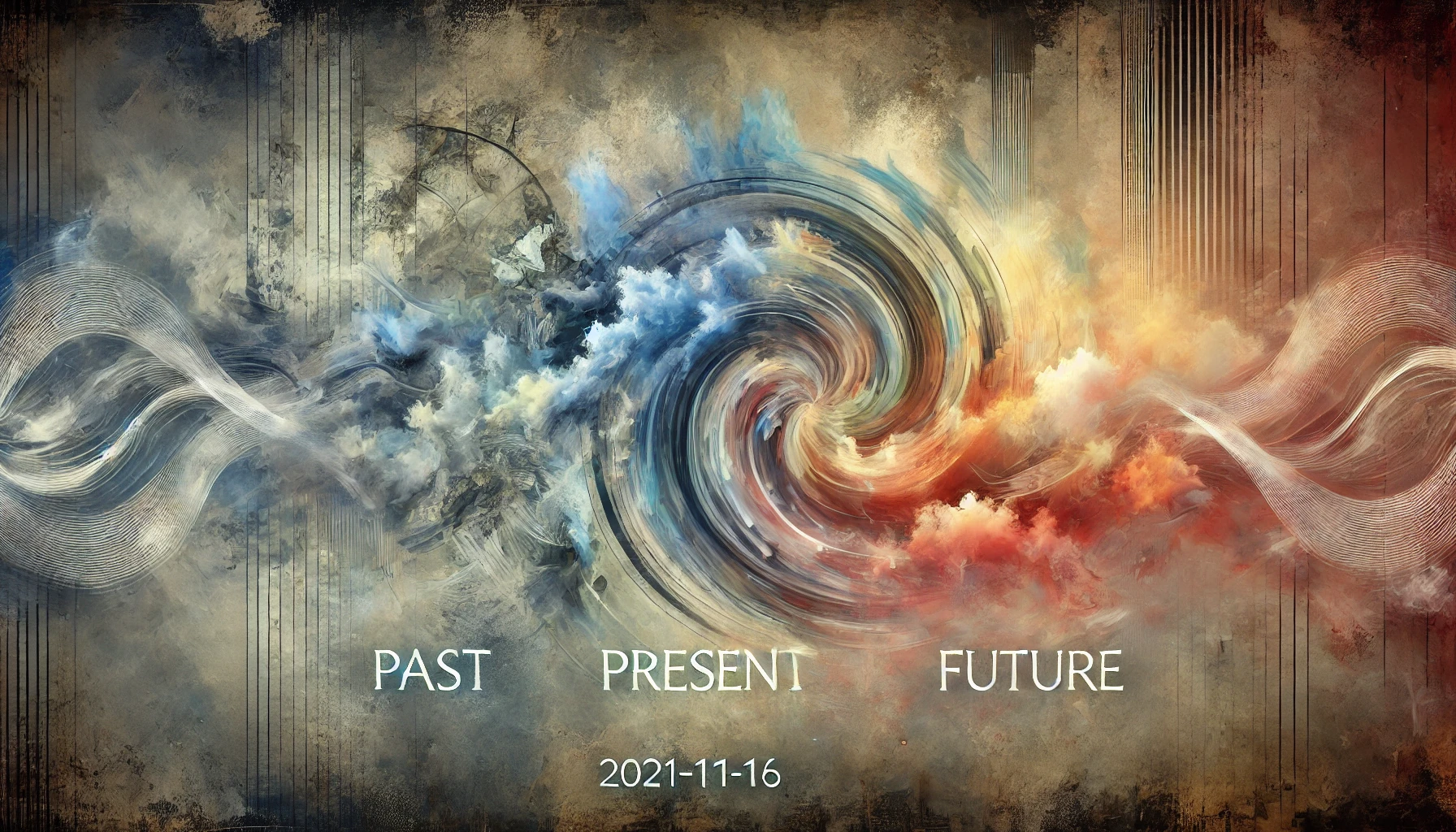
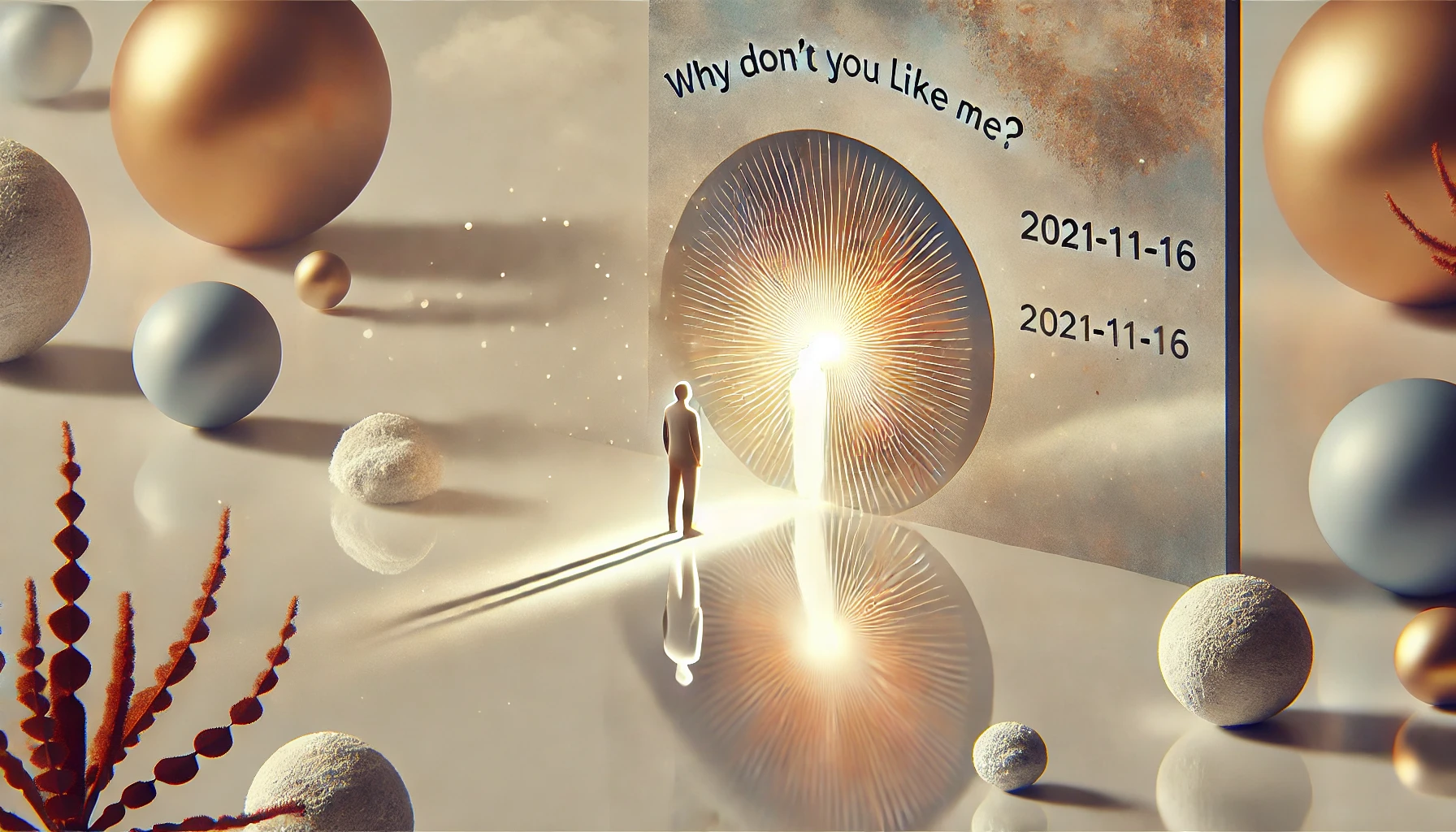



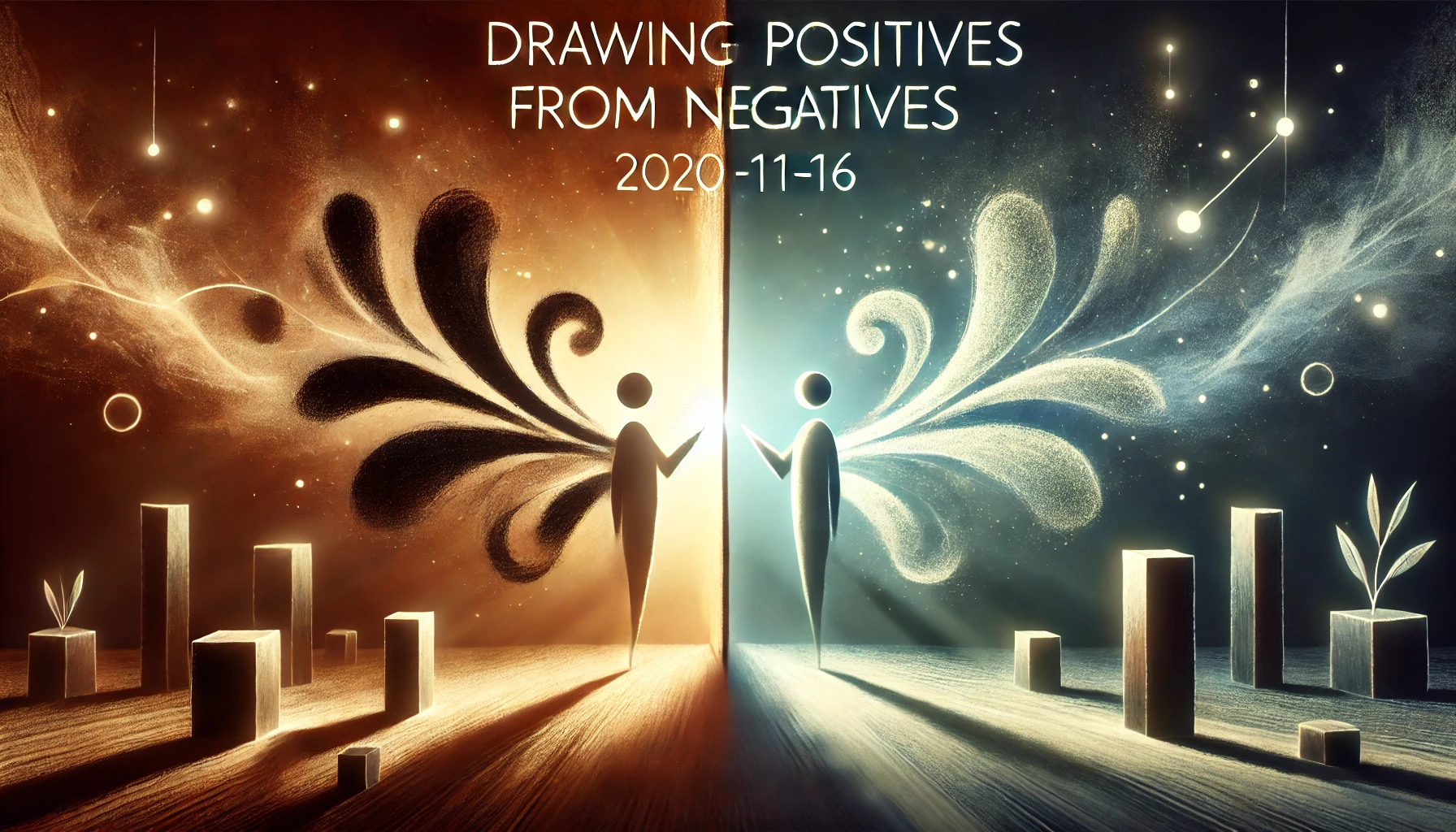
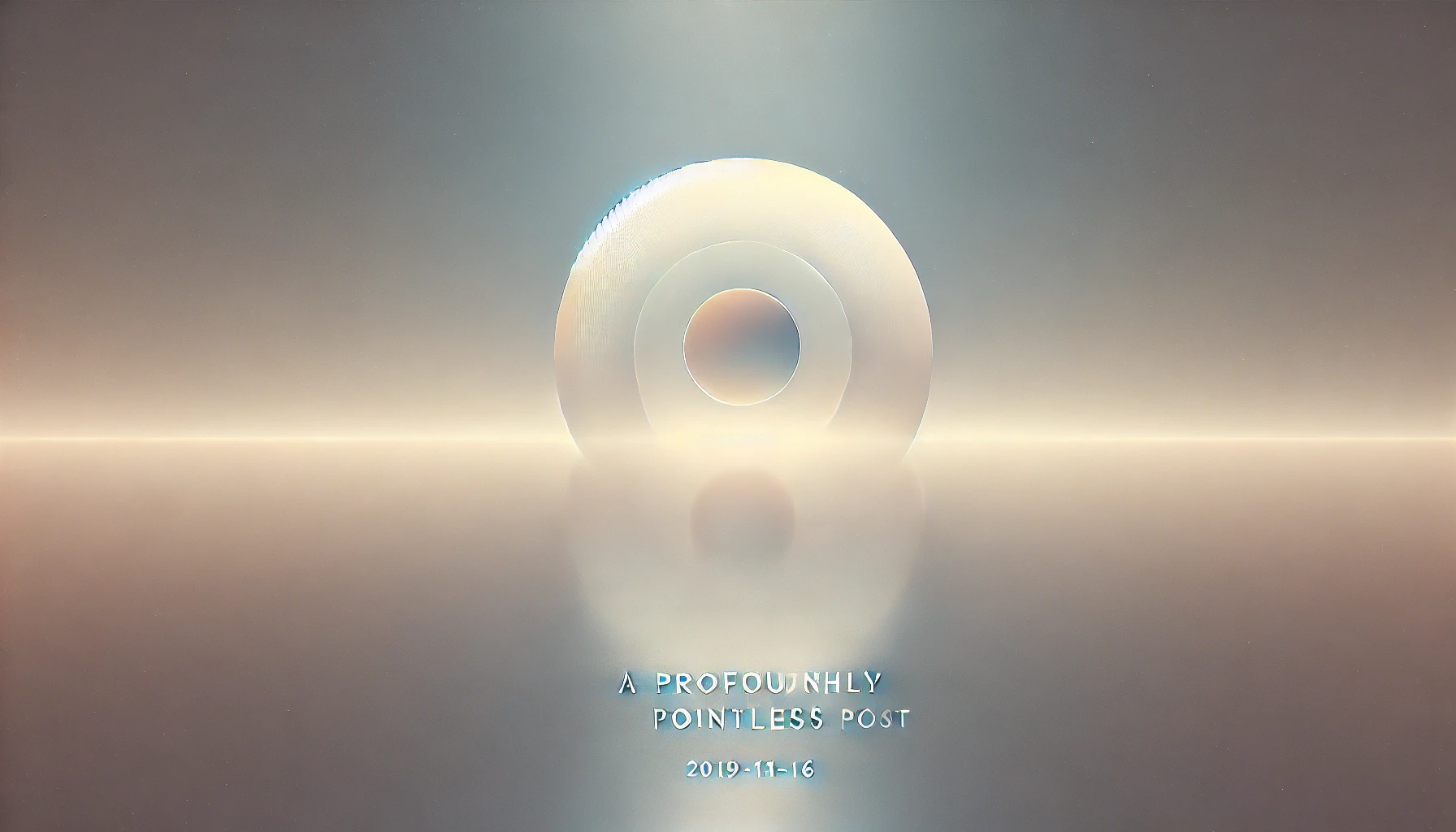
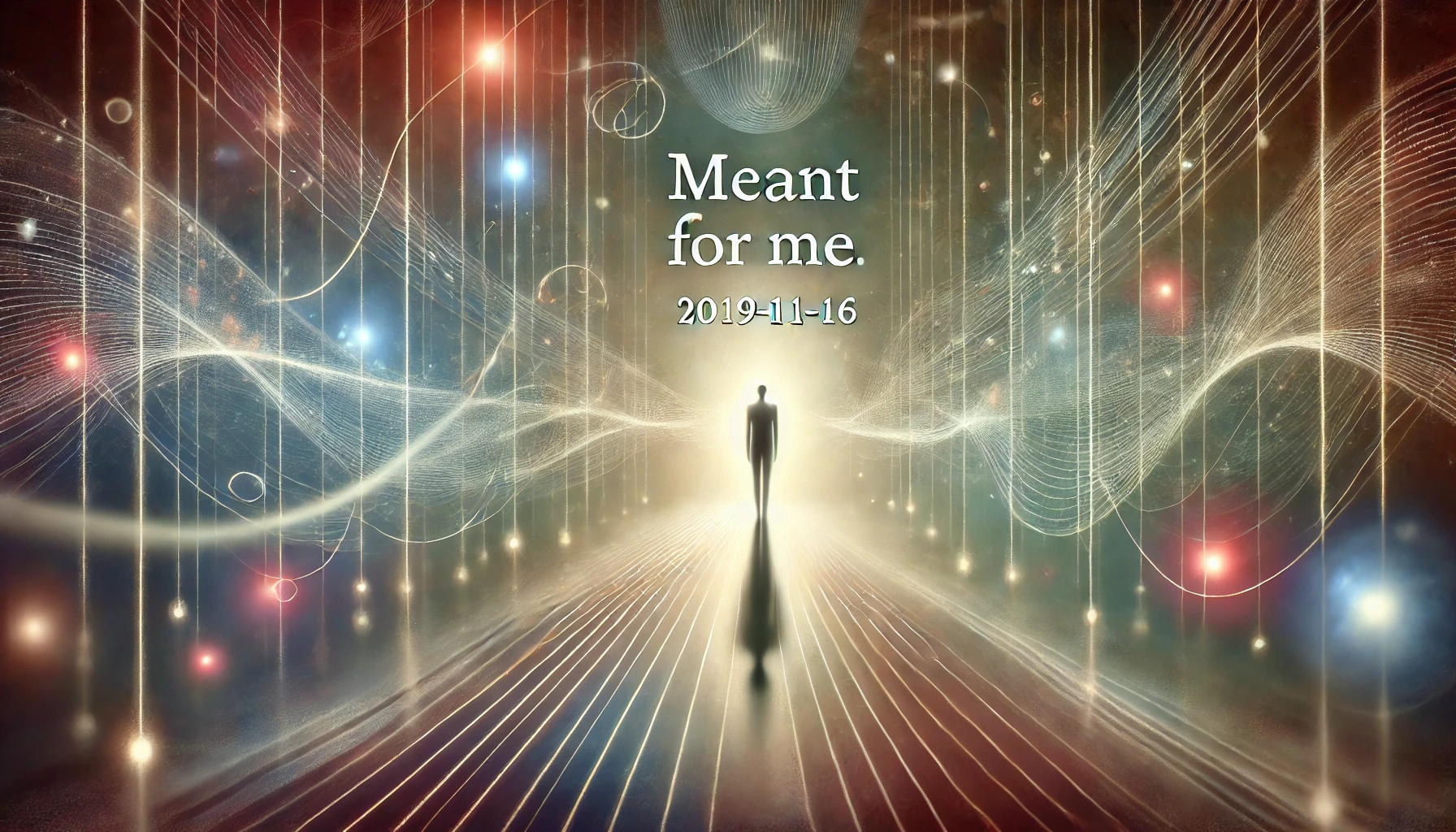

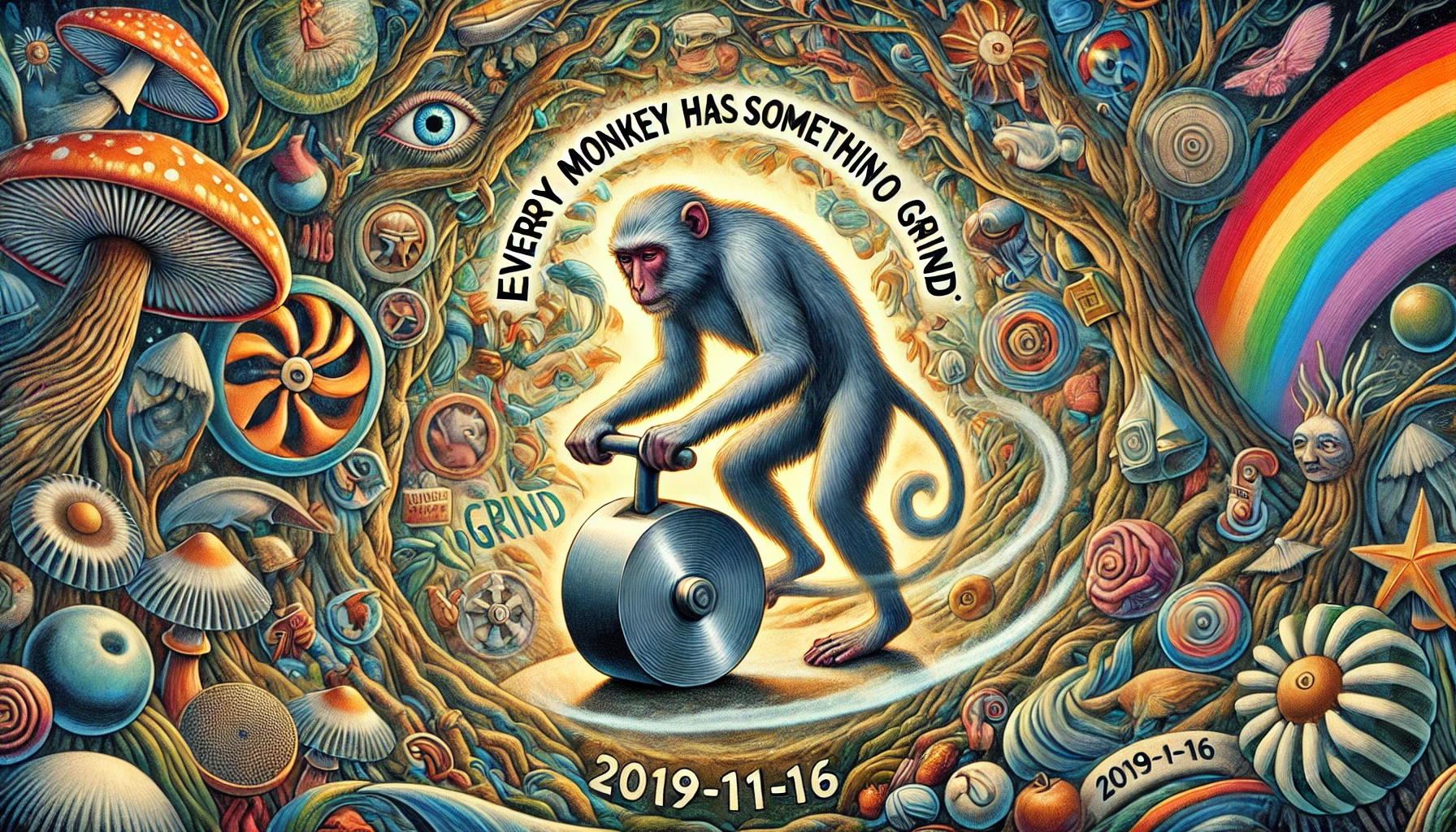
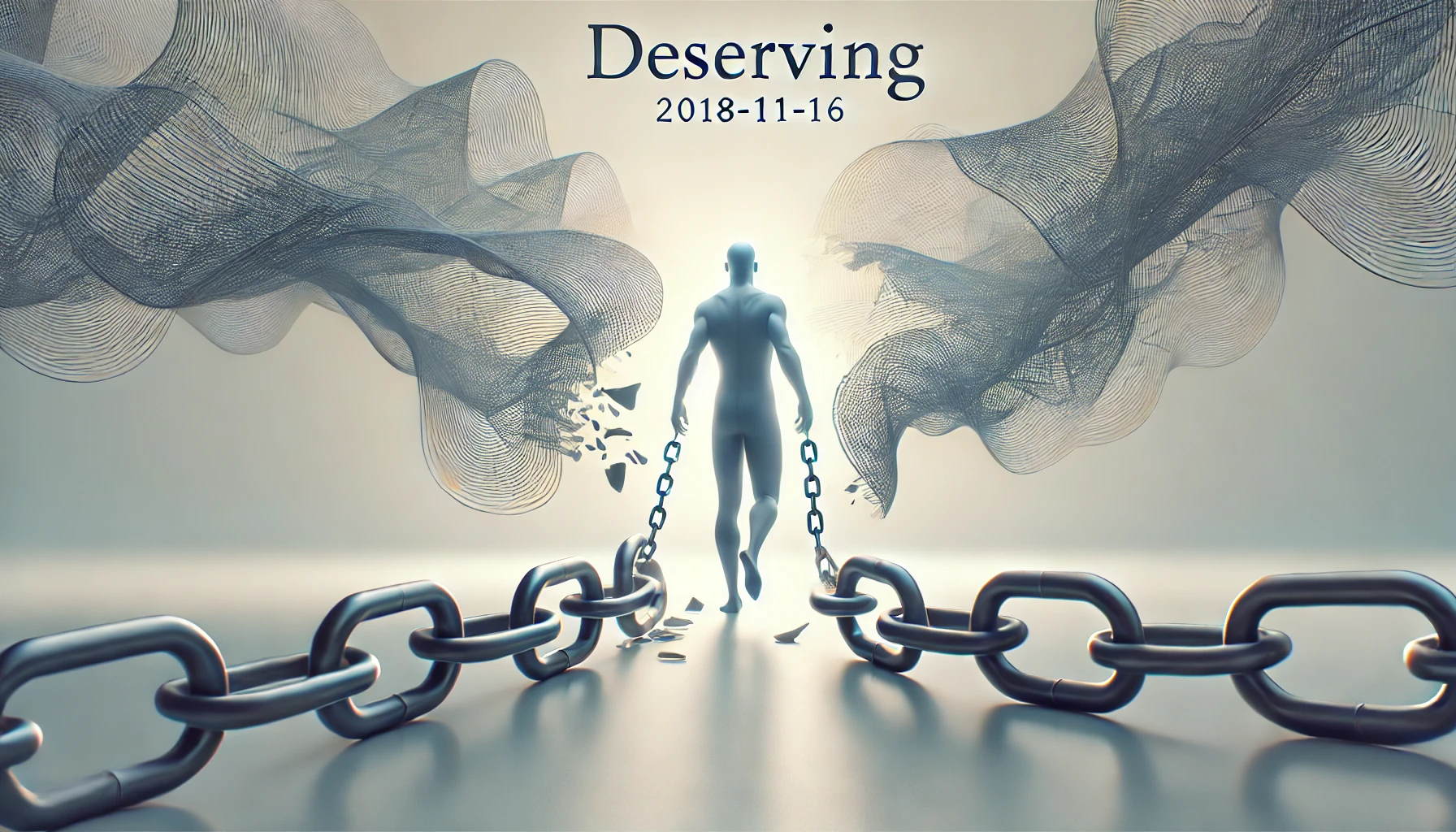

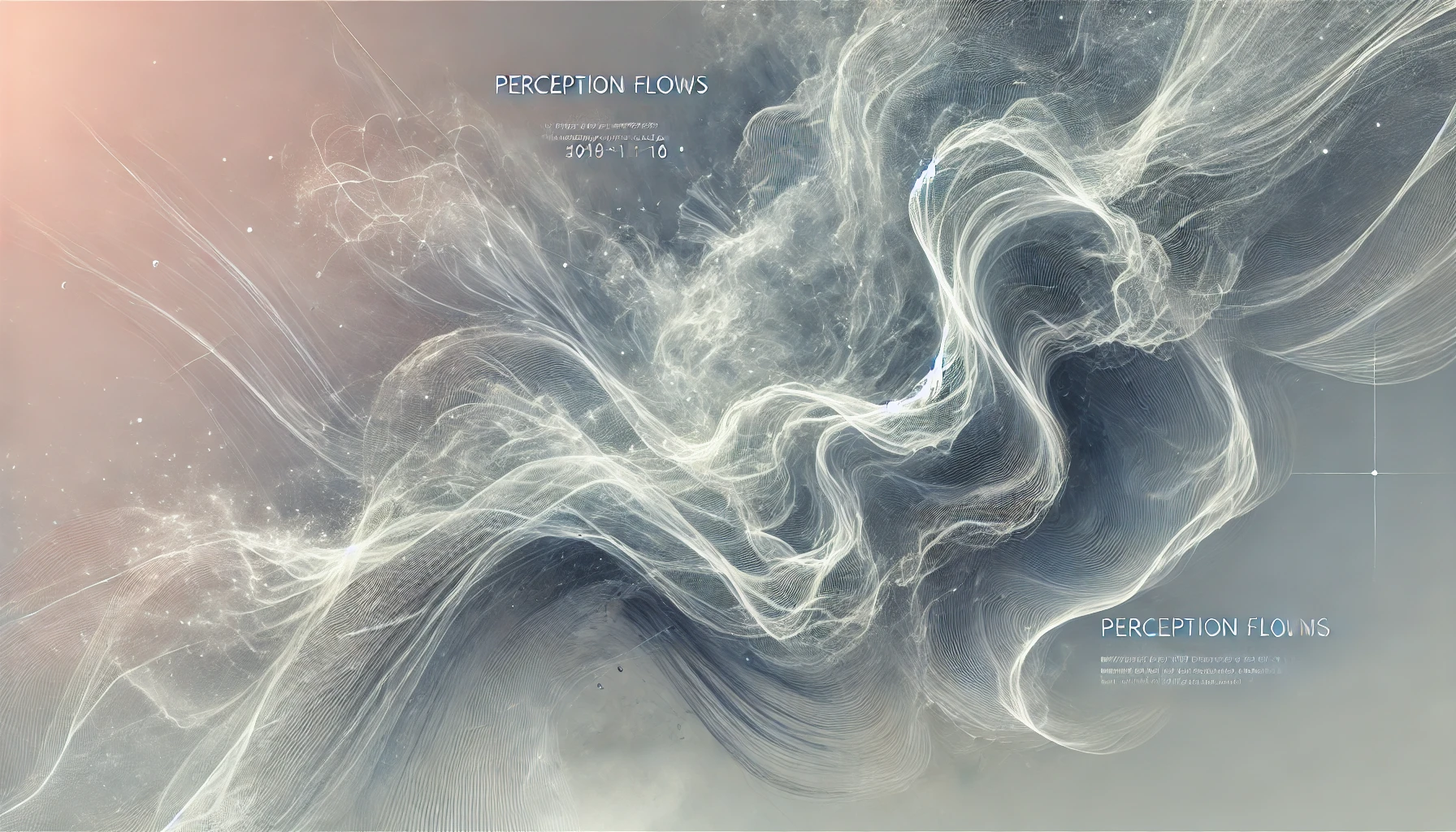

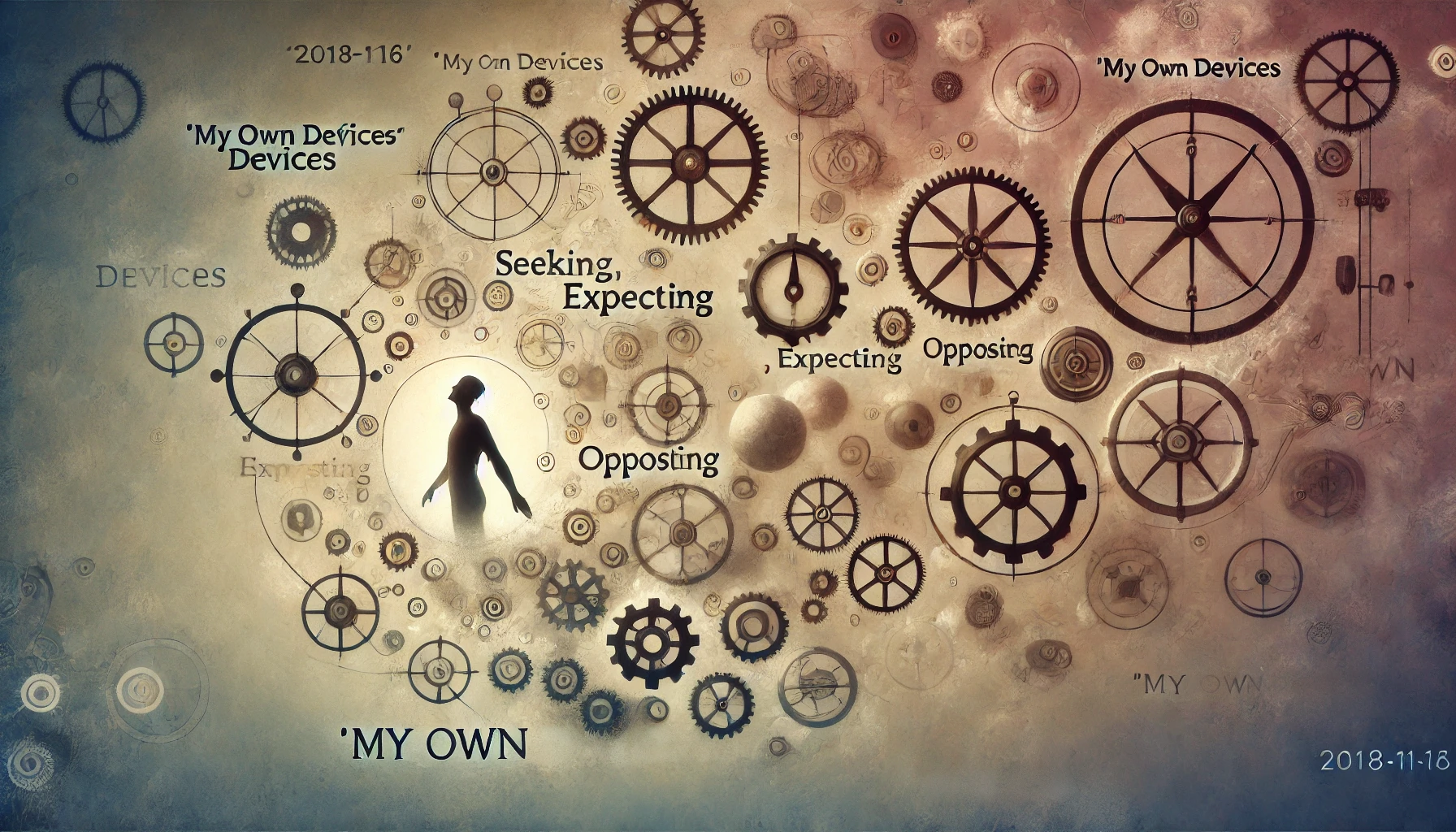

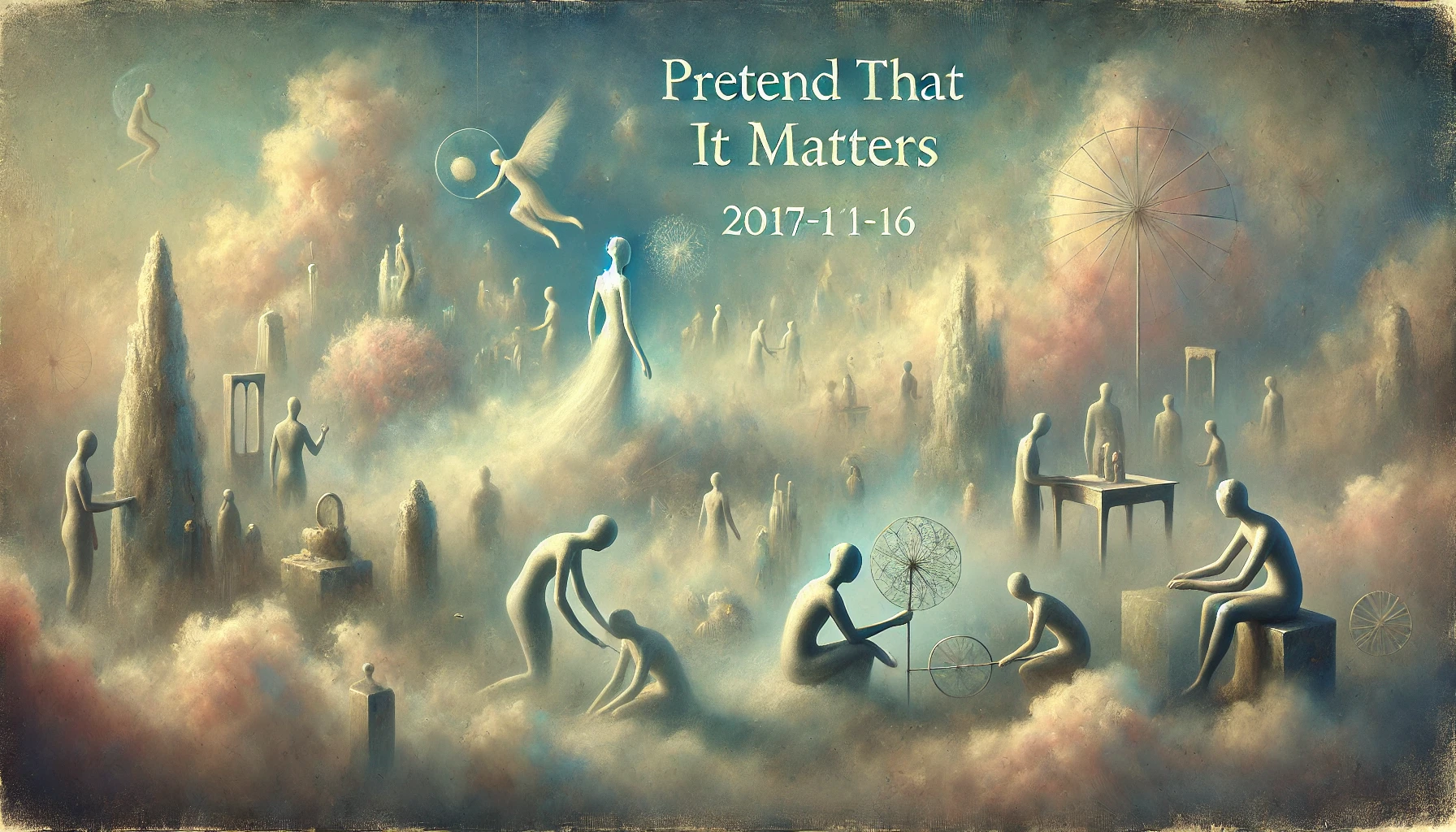

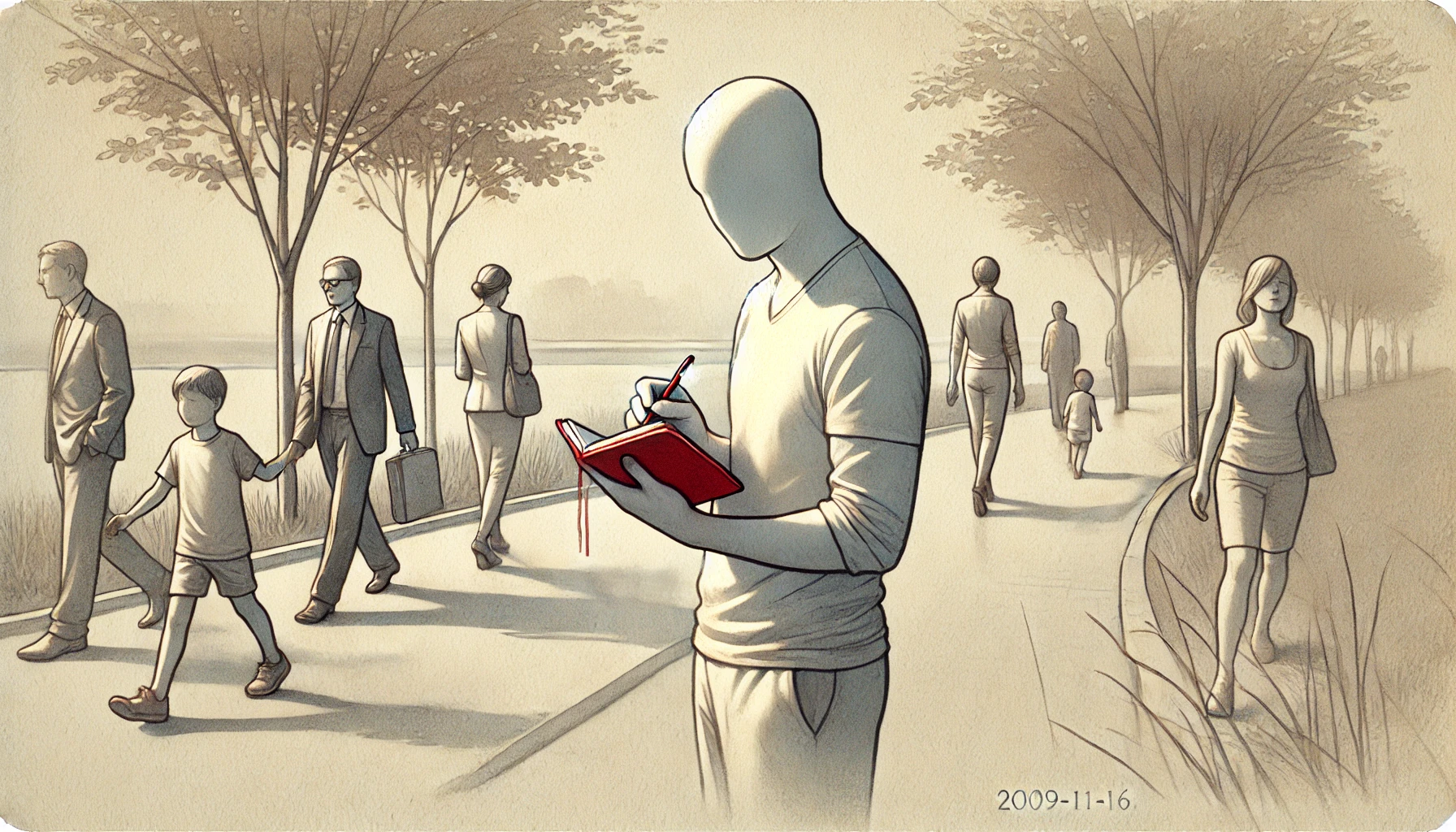
In “Fortunate,” the poem explores the concept of fortune and the author’s perspective on their own circumstances. They begin by acknowledging that they live a fortunate life through no effort of their own. However, they question whether this realization might lead others to prejudice against them or expect them to use their fortune to improve the lives of others.
The author challenges the idea that it is their duty to help others solely based on their fortune. They express a belief that it is evil to complain about one’s lot in life and expect others to provide assistance. They emphasize that they know nothing about the reader, just as the reader knows nothing about them beyond their perception of fortune.
The poem suggests that forming impressions and judgments based on appearances or assumptions is futile and unhelpful. The author questions whether the reader would rush to help them if they presented themselves as penniless, but they express a desire not to lay guilt or expectations on the reader.
Overall, the poem highlights the author’s belief that their outlook and perspective on their own circumstances are more important than their actual circumstances. They advocate for understanding, empathy, and avoiding the perpetuation of guilt or expectations based on surface judgments.
We are Space Monkey.